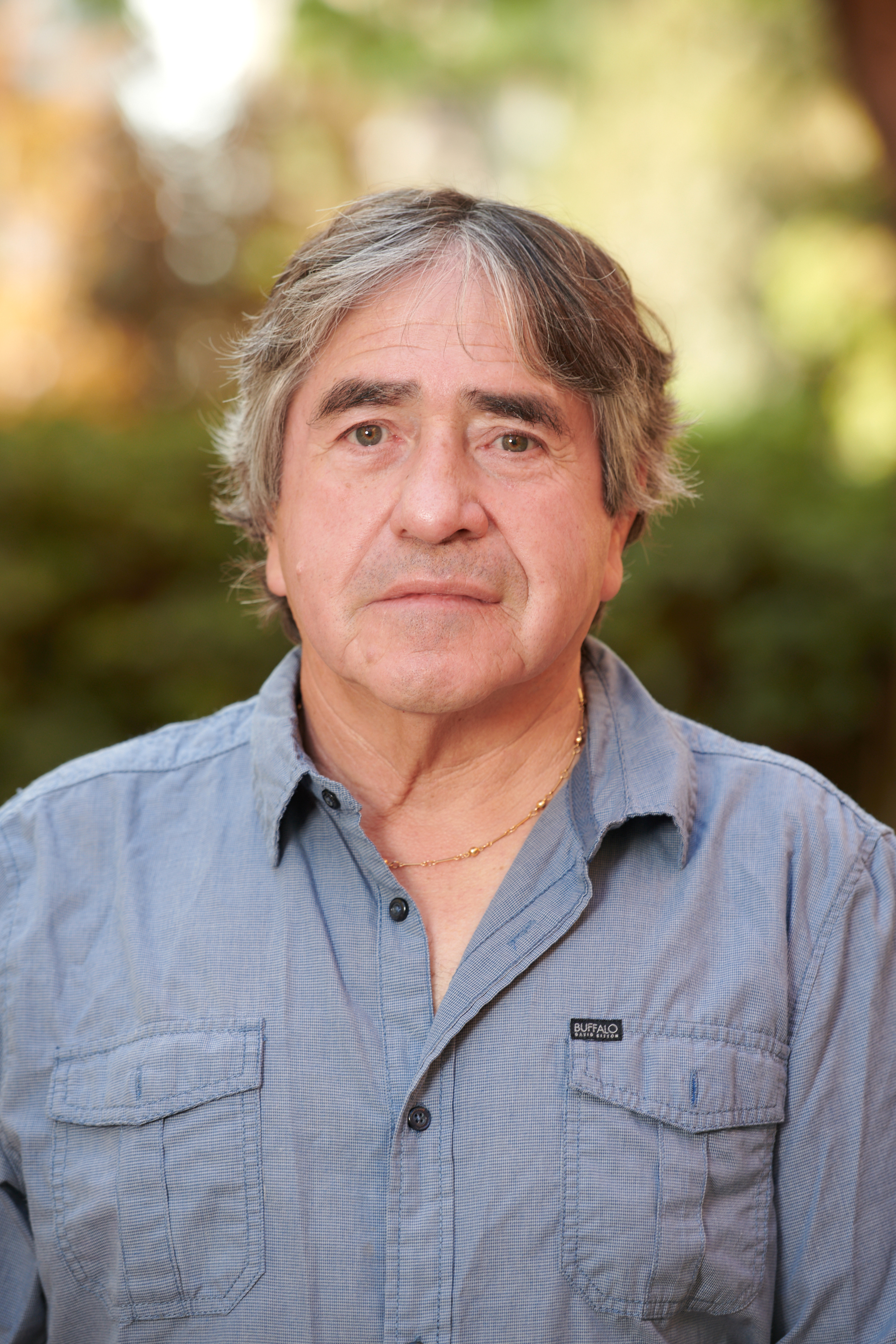Fernando Gomez-Pinilla
Professor in Residence

Office: 1814 LS
Phone: (310) 206-9693
Website: http://www.physci.ucla.edu/research/GomezPinilla/
Research Interests
Role of Trophic Factors on Activity-dependent Plasticity We are interested on the mechanisms by which environmental factors affect neuronal health. We have found that trophic factors endogenous to the brain and spinal cord can be induced by the practice of select behaviors. We have recently reported that physical activity, learning, and nutritional factors control neurotrophins in the brain. These findings opened the exciting possibility that regulation of trophic factors by behavior can be a pivotal mechanism by which specific experiences can impact the structure and function of the CNS. It may account for the improvement of CNS function after trauma provided by rehabilitative therapies. On the contrary, it may explain the decay in function in aging or degenerative diseases following a lack of stimulation. These two avenues provide direction for my research program: 1) How trophic factors induced by activity can help functional recovery following brain and spinal cord trauma. We are using several exercise models to boost the production of trophic factors in the brain and spinal cord. Our goal is to provide critical information to guide the design of behavioral therapies for the reduction of the severity of insult or disease, and to increase CNS function. 2) We are evaluating the effects of lifestyle on trophic factor production, with resulting effects on circuit remodeling, synaptic function, and cognition. We believe that changes in trophic factor as a result of select experiences can affect neuronal health with profound consequences for cognitive function.
Education
B.A., University of Chile 1977
M.S., Neurobiology, University of Chile 1979
Ph.D., Anatomy & Cell Biology, University of California, Los Angeles 1986
Selected Publications
Molteni R, Wu A, Vaynman S, Ying Z, Barnard RJ, Gomez-Pinilla F., “Exercise reverses the harmful effects of consumption of a high-fat diet on synaptic and behavioral plasticity associated to the action of brain-derived neurotrophic factor”, Neuroscience, 123(2) : 429-40 (2004) .
Wu A, Ying Z, Gomez-Pinilla F., “The interplay between oxidative stress and brain-derived neurotrophic factor modulates the outcome of a saturated fat diet on synaptic plasticity and cognition”, Eur J Neurosci, 19(7): : 1699-707 (2004) .
Vaynman S, Ying Z, Gomez-Pinilla F., “Exercise induces BDNF and synapsin I to specific hippocampal subfields”, J Neurosci Res, 76(3): : 356-62 (2004) .
Griesbach GS, Hovda DA, Molteni R, Wu A, Gomez-Pinilla F., “Voluntary exercise following traumatic brain injury: brain-derived neurotrophic factor upregulation and recovery of function”, Neuroscience, 125(1) : 129-39 (2004) .
Hutchinson KJ, Gomez-Pinilla F, Crowe MJ, Ying Z, Basso DM., “Three exercise paradigms differentially improve sensory recovery after spinal cord contusion in rats”, Brain, 127(Pt 6): : 1403-14 (2004) .
Molteni R, Zheng JQ, Ying Z, Gomez-Pinilla F, Twiss JL., “Voluntary exercise increases axonal regeneration from sensory neurons”, Proc Natl Acad Sci U S A, 101(22) : :8473-8 (2004) .
Ying Z, Roy RR, Edgerton VR, Gomez-Pinilla F., “Voluntary exercise increases neurotrophin-3 and its receptor TrkC in the spinal cord”, Brain Res, 987(1) : 93-9 (2003) .
Vaynman S, Ying Z, Gomez-Pinilla F., “Interplay between brain-derived neurotrophic factor and signal transduction modulators in the regulation of the effects of exercise on synaptic-plasticity”, Neuroscience, 122(3) : 647-57 (2003) .
Gomez-Pinilla F, Ying Z, Roy RR, Molteni R, Edgerton VR., “Voluntary exercise induces a BDNF-mediated mechanism that promotes neuroplasticity”, J Neurophysiol, 88(5) : 2187-95 (2002) .
Molteni, Ying, Z., and Gomez-Pinilla, F., “Differential expression of plasticity-related genes in the rat hippocampus after voluntary wheel running”, Eur. J. Neurosci, 16 (6) : 1107-1124 (2002) .

612 Charles E. Young Drive East
Box 957246
Los Angeles, CA 90095-7246
(t) (310) 825-4373
(f) (310) 206-9184

